Call or Text
801-438-4793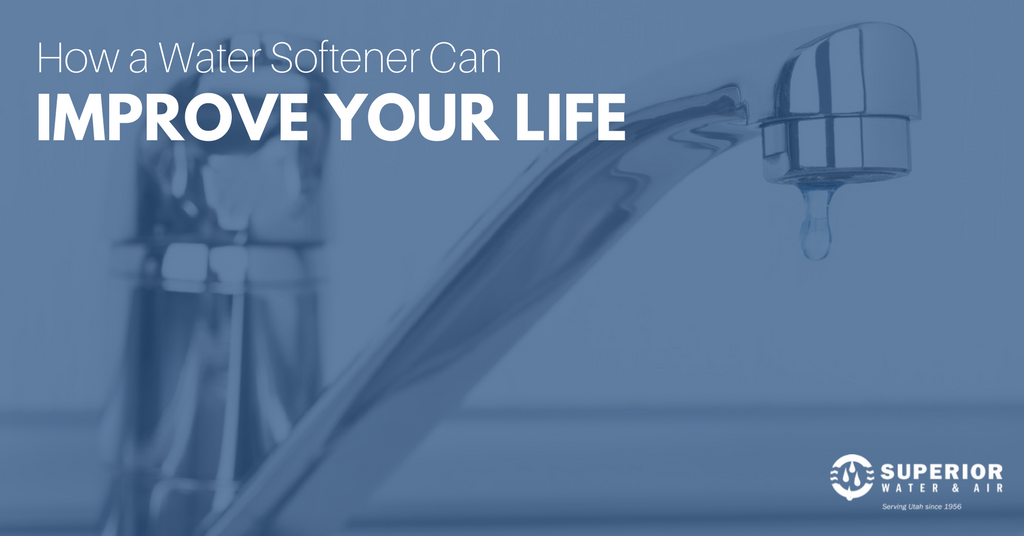
How a Water Softener Can Improve Your Life
June 2, 2017
Hard water can be a serious problem in your home. The hard minerals in your water leave residue on pipes, fixtures, and appliances known as scale. Over time, scale can reduce the flow of water through your pipes. This not only could ruin your pipes, creating a costly but necessary fix for you, but it decreases the quality of your water. Additionally, hard water leaves a residue of those same minerals on your appliances, glass, and skin. This residue is hard to clean and leaves things looking dingy, while your skin can become dry and itchy.
But where does soft water come in and what can it do for your home? First, it’s important to know what soft water is.
What Is Soft Water?
Soft water is water that doesn’t have hard minerals, such as calcium and magnesium in the water. The reason water is called “soft” is because the minerals in it don’t create a “hard” scale like hard water does. Soft water also doesn’t react with soap, which means you’ll have more bubbles and suds, even if you use less soap. It’s important to note that water, when it falls as rain, is naturally soft. However, as it runs down the mountains or is stored in wells and reservoirs, the hard minerals in the rocks and mountains dissolve in your water. These minerals are not removed during the water treatment process.
Many places in Utah have hard water. If you don’t know if your home has hard or soft water, you can get a general idea just by entering your ZIP code in our free hard water tool.
How Does a Water Softener Work?
The basic process of ‘softening’ water is through an ion exchange where calcium and magnesium ions are exchanged for sodium ions. The sodium ions are favorable to ‘harder’ minerals because they do not cause buildup on pipes and appliances. This ion replacement is accomplished through tiny beads within a tank. These negatively charged beads bond with positively charged sodium ions and ‘swap’ places with calcium and magnesium ions as water flows past the beads. The water softener then flushes out the calcium and magnesium out of the system with a sodium chloride solution.
Why Get a Water Softener?
Now that you understand a little bit about the process, why would it be beneficial for you to purchase a water softener? Here are just a few reasons you might find a water softener beneficial to you and your family:
-
- Softer hair and skin
- Cleaner glassware
- Better-tasting water
- Longer-lasting appliances
- Longer-lasting plumbing
- Save money on shampoo, soap, and detergents
Water softeners typically cost between $400 and $2500 depending on your needs. Once installed, the water softener will begin saving you money in shampoos and soaps and cleaning supplies, but in the long run it will also save you potential damage to your appliances and plumbing. You can also save time and money on repair for those same items.
Over time, the benefits of a water softener on your home make them reliable investments that may be anywhere from luxurious to essential depending on the quality of the water in your area.
Want to Upgrade Your Water?
Hard water can put a damper on everything from your dishes to your skin. If you’re tired of hard water stains and dry skin and hair, install a water softener today!
Want to learn more about the effects of hard water in your home? Learn about the hard truth about hard water.
Recent News

How Do Tankless Water Heaters Work?
March 19, 2024

How Much Is a Water Softener?
March 5, 2024
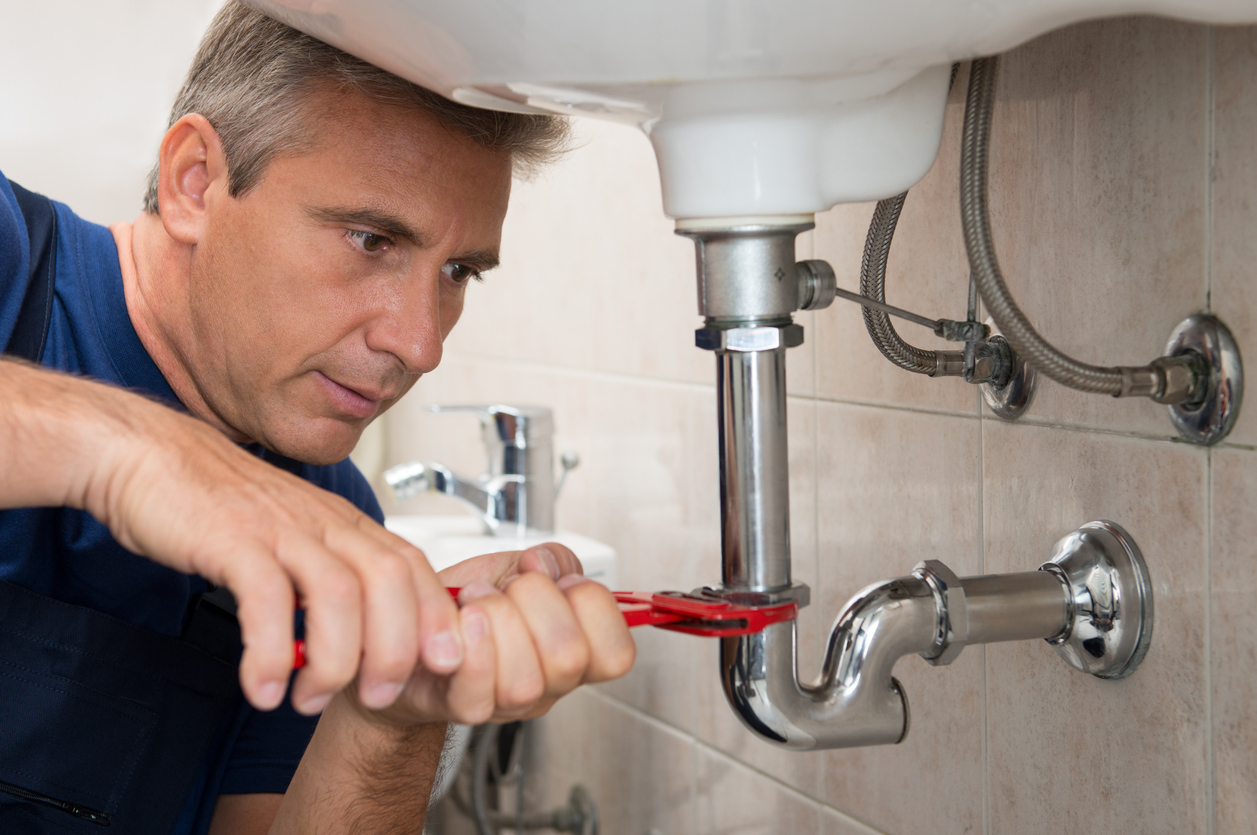
How to Fix Leaky Pipes Under Kitchen Sink
February 22, 2024
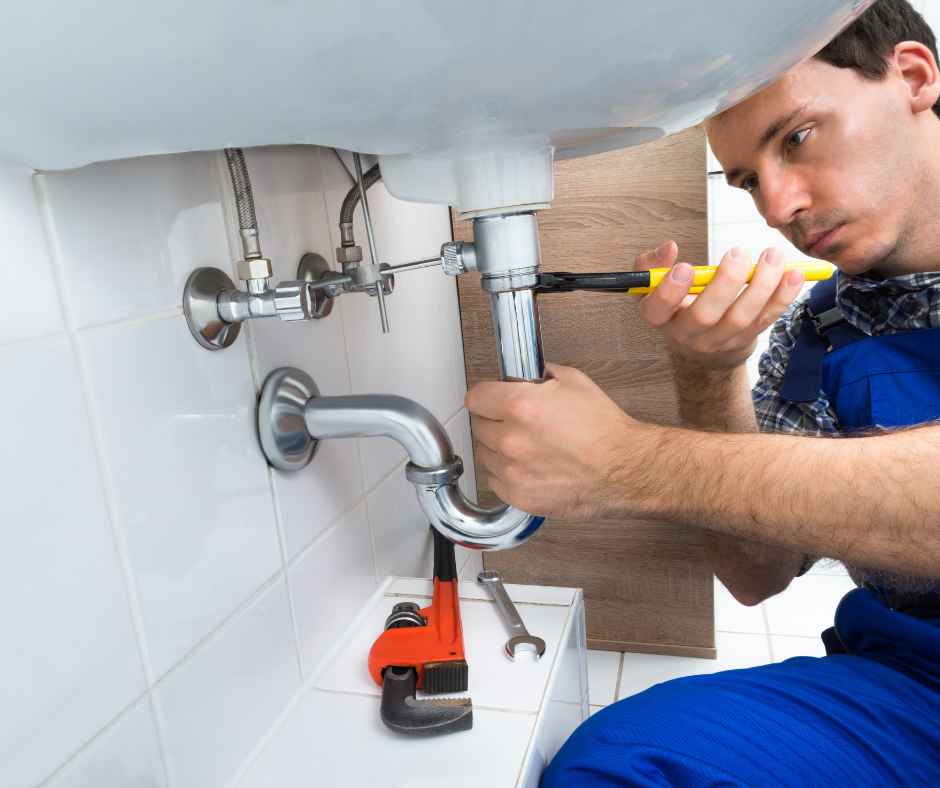
How Much Does Emergency Plumbing Cost?
February 8, 2024
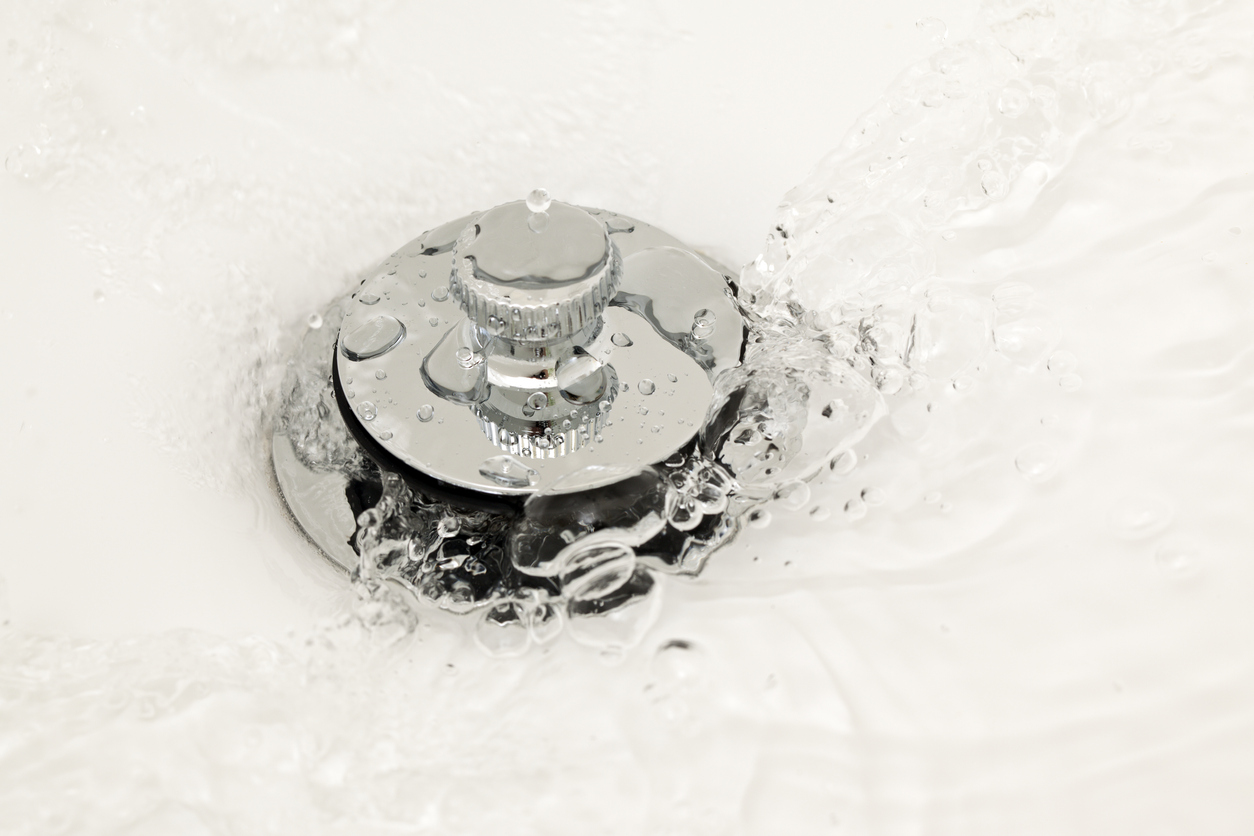
How to Unclog a Bathtub Drain
January 16, 2024
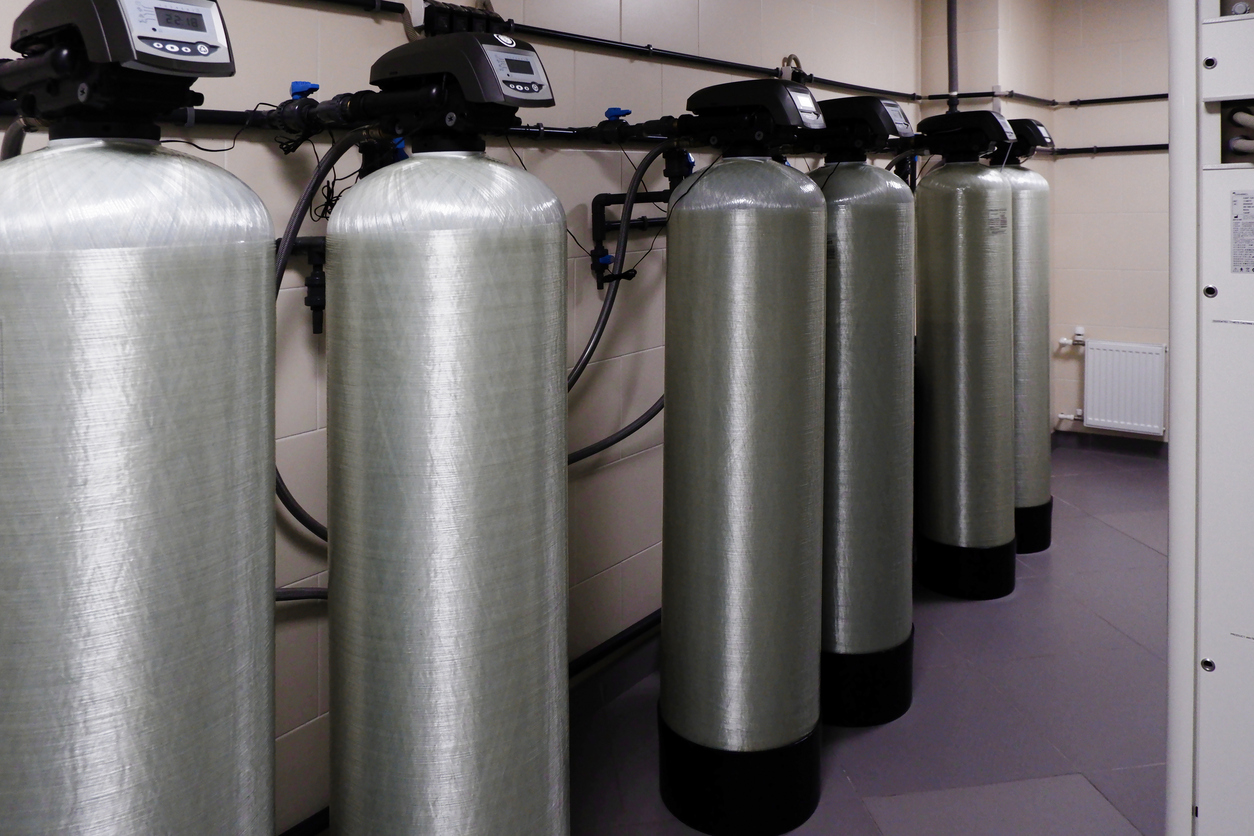
How Much Is a Water Softener?
January 9, 2024


